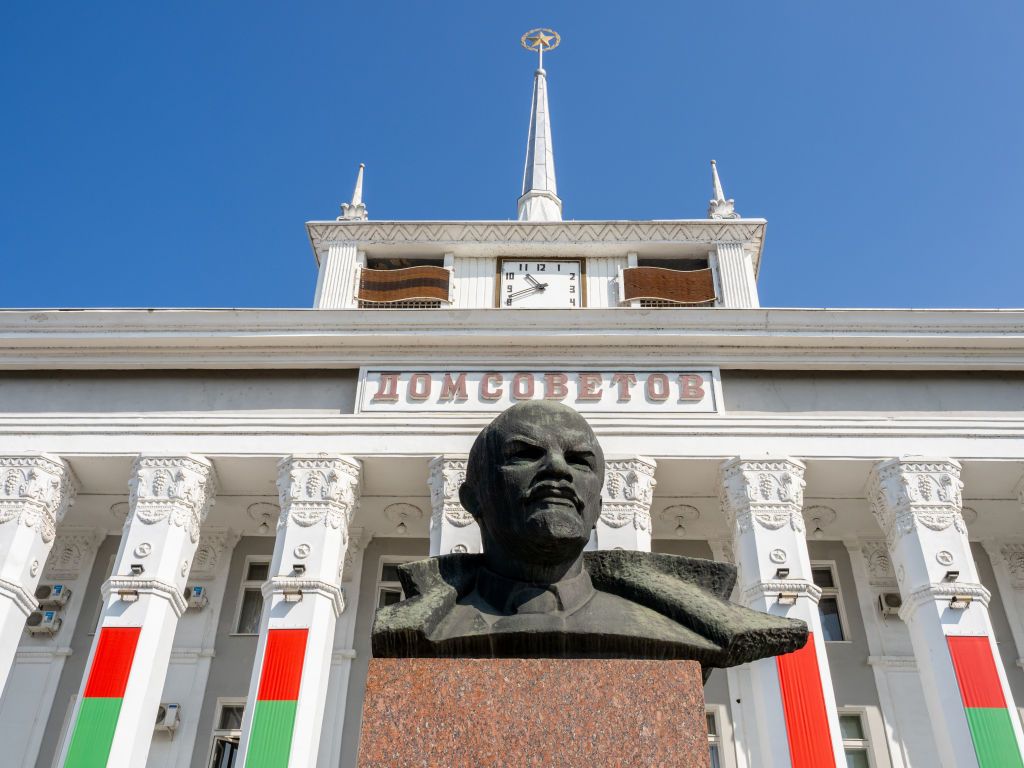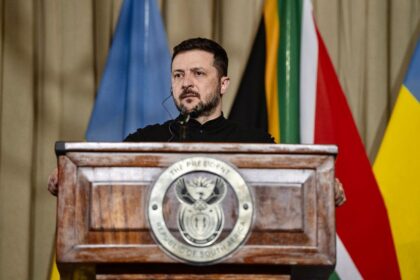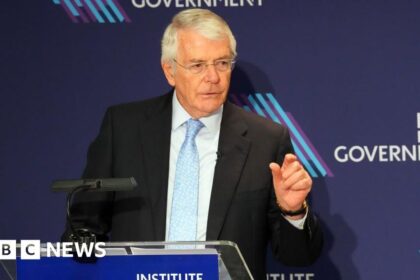**Transnistria Declares Economic Emergency Amid Russian Gas Crisis**
The breakaway region of Transnistria, located in eastern Moldova along the Ukrainian border, has declared a 30-day state of emergency due to a sharp reduction in natural gas supplies. This is the sixth consecutive extension of emergency measures since December 2024.
According to local media outlet Newsmaker, the declaration was made by Transnistrian leader Vadim Krasnoselsky and approved unanimously by parliament. The region’s lawmakers cited a “severe general economic crisis” and ongoing socio-economic decline from the energy crunch as reasons for the emergency measures.
**Gas Supplies Halved**
The natural gas supplies to Transnistria have been severely reduced, with daily deliveries halved since early June. Moldovan energy official Alexander Slusar told Newsmaker that this was due to a lack of funds cited by the company Tiraspoltransgaz, which is the largest gas supplier in Transnistria.
Transnistria had previously received around 2 million cubic meters of gas per day from Russian gas giant Gazprom. However, since January 1, 2025, the region has faced growing energy shortages due to a halt in deliveries by Gazprom.
**Russian Gas Control**
The breakaway region has been effectively acquiring gas free of charge, which was a political tool used by Russia to keep Transnistria under its control. The debt for Russian gas amounts to more than $10 billion, according to Moldovagaz, a subsidiary of Gazprom.
In February, Transnistria began receiving gas through a new arrangement with a Hungarian company via Moldovagaz, with payments funded by a Russian loan. However, the region’s authorities rejected a 60 million euro EU energy aid package under pressure from Moscow.
**Transnistria Remains Under Russian Control**
Transnistria remains internationally recognized as part of Moldova but has been controlled by pro-Russian separatists since the early 1990s. Russia maintains a military presence in the territory, despite international calls to withdraw.
The declaration of economic emergency is a worrying sign for the region’s economy, which has already faced significant challenges due to the energy crisis and lack of funding from Gazprom. The situation highlights the ongoing tensions between Moldova and Transnistria, as well as Russia’s continued influence over the breakaway region.
**Commentary**
The declaration of economic emergency in Transnistria is a clear indication that the region is facing severe economic challenges due to the reduction in gas supplies. The reliance on Russian gas has been a major point of contention between Moldova and Transnistria, with the latter’s authorities often prioritizing their relationship with Moscow over cooperation with Chisinau.
The lack of funding from Gazprom has had significant consequences for Transnistria, including industrial collapse and power outages. The new arrangement with a Hungarian company via Moldovagaz may provide temporary relief, but it is unclear whether this will be enough to address the region’s long-term economic challenges.
**Analysis**
The declaration of economic emergency in Transnistria highlights the ongoing tensions between Moldova and Russia over the breakaway region. The crisis has significant implications for the region’s economy and stability, as well as the wider region’s security situation.
As the energy crisis continues to deepen, it is essential that international actors engage with both Moldova and Transnistria to find a lasting solution to this issue. A coordinated effort from the EU, Russia, and other stakeholders could help to address the economic challenges facing Transnistria and promote stability in the region.












